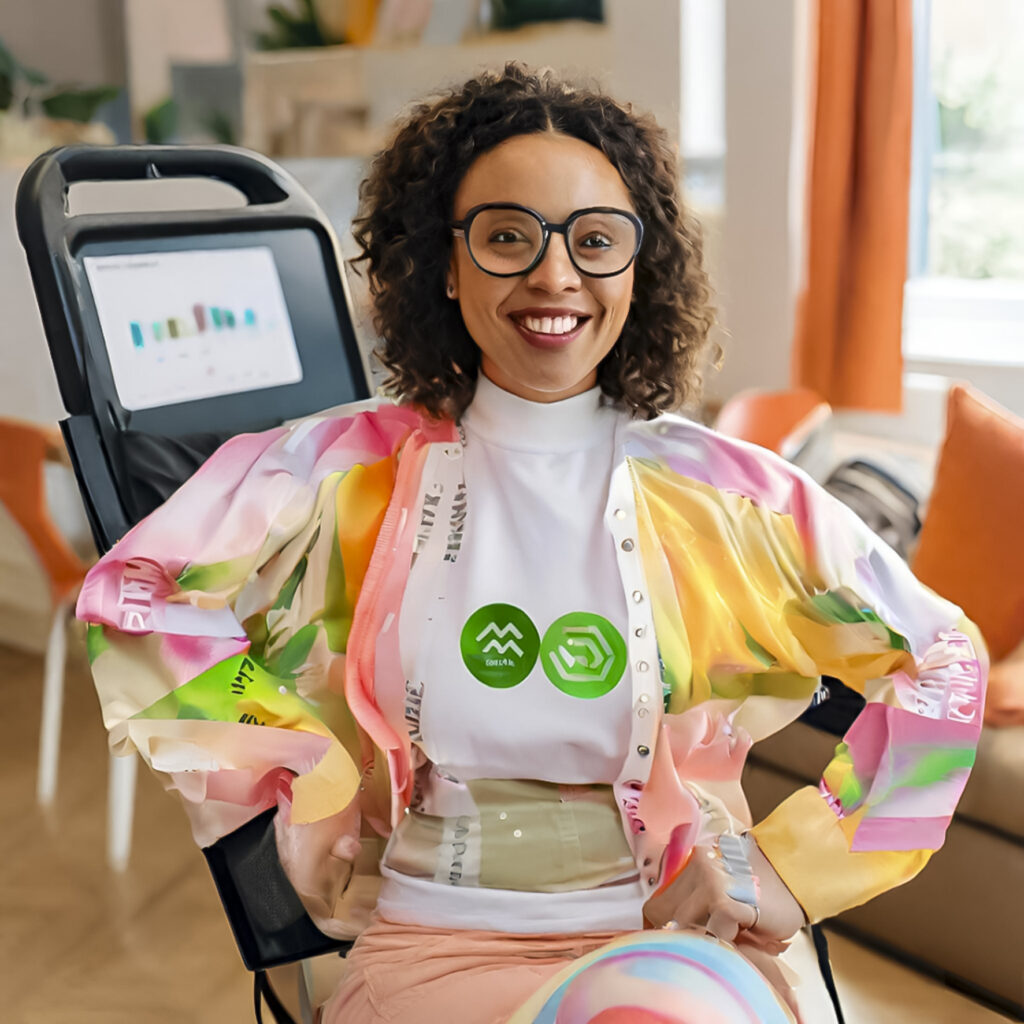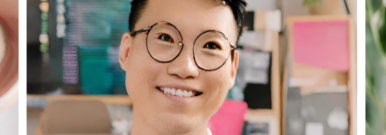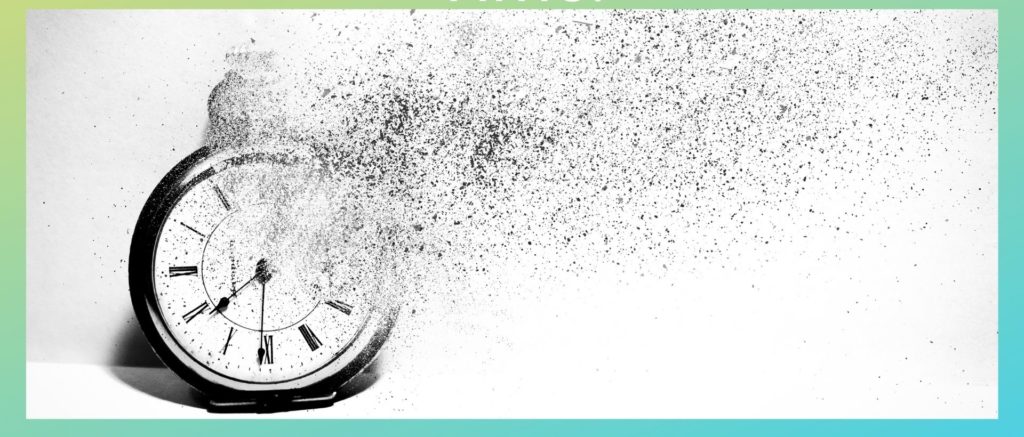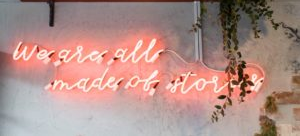AI and Visual Content Marketing
Using AI to create visual content in marketing, are you a rabbit in headlights or a superfan?
Most articles I’ve come across on the subject of using AI to create visual content in marketing espouse the concept that AI is not ‘coming for your job’ but here to make it easier (eg this Hootsuite article). As a marketing professional, you are often (especially in SME’s) required to be all things – sales, creatives, tech savvy, PR expert etc! AI can clearly thus be an invaluable tool for marketers, for example, in analyzing data, personalisation, leveraging customer visual search and recommendations, and automating ad targeting, content creation and curation. One of the best pieces of AI marketing advice I’ve heard so far is to ensure you take time initially to tailor your use of AI to your brand voice.
Given that Vervate is primarily a photography company, here I’ll be looking at the use of AI in sourcing photographs in your marketing. As Canva becomes one of the latest to launch a deeper dive into their AI offering with ‘Magic Studio’ – many of us in the creative and marketing industries are a tad rabbit in headlights. The sheer number of AI apps can be overwhelming. We need to take time to get a hold of which ones are fit for purpose and which are a rabbit hole. Speaking of which, let’s kick off with a couple of AI-generated photos illustrating the title:
 Credit: Dall-E Requested: People thinking they are a rabbit in headlights
Credit: Dall-E Requested: People thinking they are a rabbit in headlights Credit” Dall-E. Requested: A marketing professional AI superfan
Credit” Dall-E. Requested: A marketing professional AI superfanUsing AI to create visual content in marketing: AI and Staff Headshots
Entrepreneurs as well as big tech companies have got on the AI and imagery rodeo and are energetically trying to get ahead of the curve. As a result, some amazing things will still emerge, improve and develop in this burgeoning sector of AI. Check these offerings out for starters:
Does it matter if you have an AI-generated profile image?
We can bang on about it not being ‘you’ – but does that matter?
You can apparently save money, have a headshot that matches how you’d like to look as opposed to do look in reality (filters, so, many, filters), and save time. Do those things make up for the lack of ‘real’ you? Maybe the business case for having an AI-generated headshot is a good enough one. Maybe it doesn’t really matter and it’s enough to just look like you have a happy staff team.
What is Reality?
Do you need a photo of a fake person – here you go.
We’re all culprits at making our lives appear more fun, smiley and more positive than they are in real life (remember that episode of Black Mirror, Nosedive?!).
We’re so used to doing this – using filters, portraying a veneer – using AI makes that easier.. but at what point, if at all, does that do any damage to our brand?
There are also the wider implications of faking reality – which can be horrifically damaging – take this one news article, Fake Porn, Real Victims. Maybe what’s real and genuine (aka human) will become more valued than before AI and/or other forms of fake news? Or maybe being able to make an enormous effect by duplicity is going to become more valuable?
Touchpoints with Clients
So far as I know and still adhere to, these remain key to business success. Most of us espouse basic marketing constructs such as demonstrating a deep understanding of our clients, and what a great team we are. However, should you want to, you can now remove these touchpoints, for example by generating selfies of people where you need them:
Can AI retain or even enhance the power of imagery that provokes emotion and commitment to a brand?
Half and Half?
Here’s one of the sites that allow you to apparently still enjoy working with professional photographers (interesting dichotomy!):
I’m not 100% sure that we professional photographers have done a great job of demonstrating what it actually means to work with us and what it is we bring to the table in all honesty!
What do you think about the whole staff headshot requirement? At Vervate, we have undertaken days on end for an individual client to keep up with their demand for headshots. In our experience, things haven’t gone back to that approach since Covid. With the increase in remote working, could this half-and-half approach be a good option?
Creativity
For us in the creative industries, AI raises some serious questions. All of which have a knock on to marketers. There’s a lot of press about how AI is going to revolutionise creativity in a good way (The Economist), it should be seen more as a disruptor than an annihilator (Harvard Business).
However, if nothing is protected, then we have no control over our creations and no real way to ensure we can make a living from them (The New Yorker)
I am intrigued by the homepage of this site for many reasons – but struck to share here because of the pop-up bottom left which endorses the removal of watermarks (usually used for copyright purposes – for artistic, business and privacy reasons).
So there you go – that’s a drop in the AI ocean but covers some key concepts that affect us all in our sector.
Here’s a blog about real people Marketing headshots




